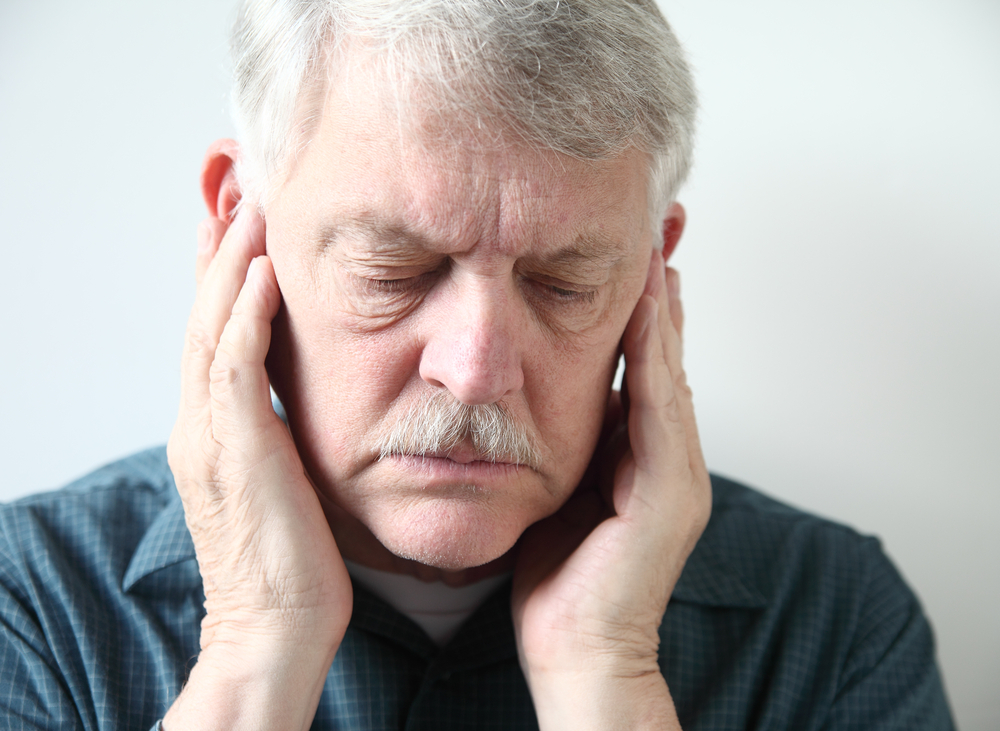
TMJ: All You Need to Know About Treatment
TMJ is an acronym for temporomandibular joint dysfunction. It is a term that covers dysfunction, pain and discomfort of the muscles that move your jaw.
The causes of TMJ are not certain, it can be brought on by whiplash and other trauma to the neck and jaw as well as other muscular conditions. However, the actual evidence on its cause is not yet conclusive.
Despite the lack of research on exactly how TMJ comes about, it is a painful condition to live with. The condition can lead to restricted jaw movement and even cause an audible noise from your joints as your jaw moves while you chew or speak. TMJ is not a life-threatening condition; however it can have a negative impact on your quality of life due to the painful symptoms, which can become chronic.
The Symptoms of TMJ
Those afflicted by TMJ may experience the following symptoms:
- Headaches
- Sharp pains along the jaw
- Soreness of the jaw
- Restricted jaw movement
- Swelling
- Problems chewing
- Pain while chewing
Treatment Options and Methods
TMJ can thankfully be treated, and the amount of discomfort and pain you are feeling can be managed. Consult your GP to see about the need for analgesia, if any. You can have a chat to your family dentist as well.
Your dentist may be able to both recommend and help fit a night mouth guard or splint. A night guard is only worn at night whereas a splint is worn all the time – the need for each will vary from patient to patient.
Try to eat soft foods, in order to reduce the amount of chewing that you need to do. Avoid crunchy, hard and tough foods and thicker foods that you need to open wide to eat. Burgers are out, soups are in.
A corrective procedure at your dental clinic may be required. You may need implants or some adult braces fitted to help fix the alignment of your jaw and teeth to help relieve your TMJ. There are cosmetic brace options such as Invisalign, which are not visible, so you don’t have to worry about the aesthetic impacts of braces.
There are some things that you can do by yourself at home as well.
Things You Can Do to Help Your TMJ
Try to avoid extreme jaw movements. You can do simple exercises such as yawning, chewing some gum, sucking and chewing on a chip of ice and other gentle movements. Try to avoid singing, screaming and yelling and other straining mouth movements.
Try not to hold your smartphone between your shoulder and neck to relieve shoulder and neck pain. Also, good posture and ergonomic work practice are helpful in managing TMJ and for general health and wellbeing.
Meditation, progressive muscle relaxation and yoga are great stress-relieving practices that can help to reduce tension, worry and promote peace of mind, and are great ways to deal with chronic pain conditions such as TMJ.
If you need more information, please contact your dentist for further advice on how you can best treat this dysfunction.

